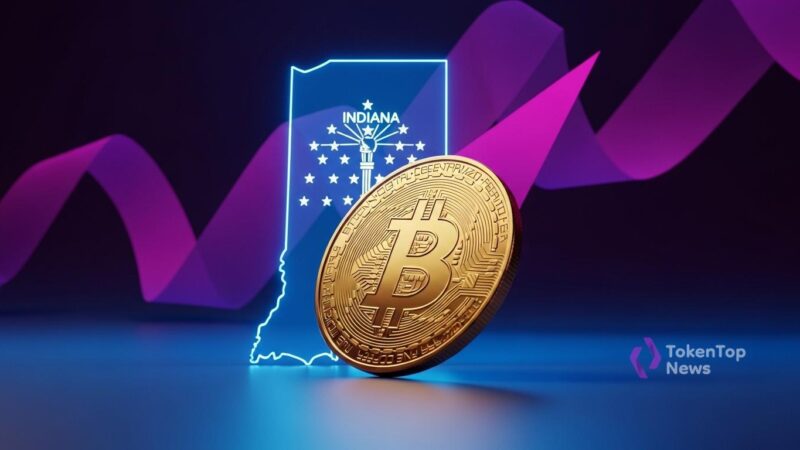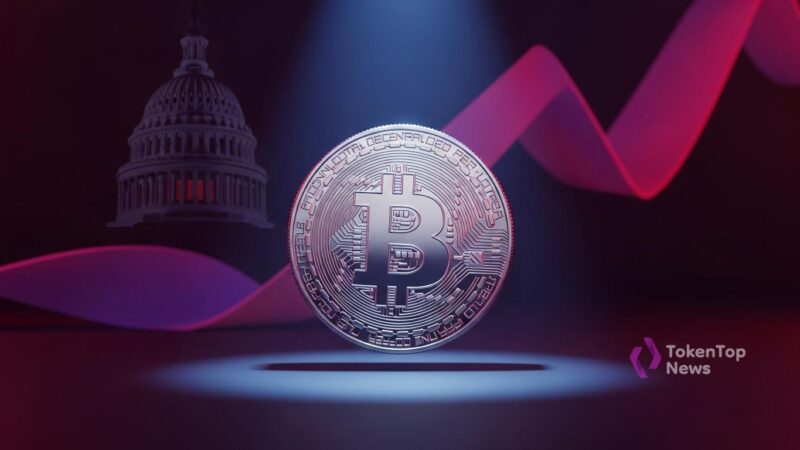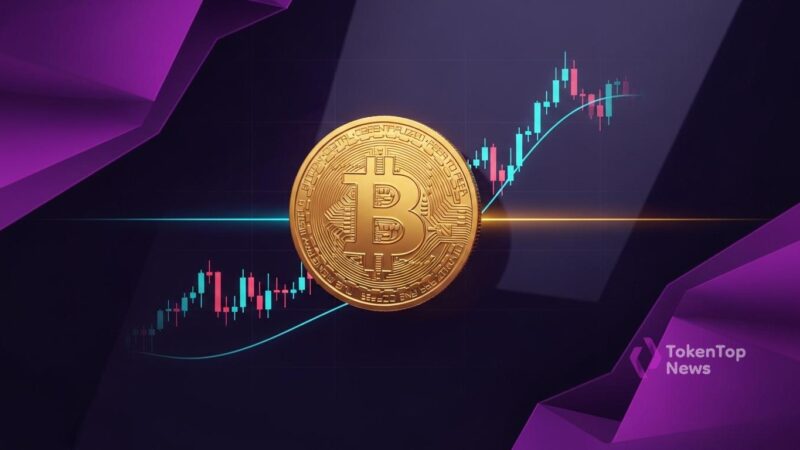Tokenization Revolutionizes Investments: Bank of America’s Perspective
- Tokenization recognized as Mutual Fund 3.0 by Bank of America, signifies a shift.
- Major institutions like BlackRock and Apollo explore tokenized funds.
- Regulatory progress is noted, but gaps remain in tokenized fund regulation.

Bank of America has dubbed tokenization “Mutual Fund 3.0,” suggesting its potential to transform investment practices with disruptive technology, drawing comparisons with past innovations like mutual funds and ETFs.
Tokenized financial instruments promise enhanced yield and liquidity, prompting major institutions to explore this digital shift, possibly altering both traditional and cryptocurrency markets.
Tokenization, described as “Mutual Fund 3.0” by Bank of America, is anticipated to transform investment vehicles. The shift towards tokenized money market funds is expected due to compelling yields and technological advantages, according to industry experts. Key players in this space include Bank of America, Securitize, WisdomTree, and others initiating tokenized fund offerings. Institutions like BlackRock and KKR partner with Securitize in this endeavor, marking a significant industry shift.
The adoption of these innovative financial tools brings immediate impacts on capital markets, boosting access and liquidity. These tokenized funds offer investment opportunities with potentially attractive yields relative to traditional instruments like stablecoins, altering the financial landscape. The political and regulatory context is evolving, with significant emphasis on establishing clear oversight for these digital assets. Although the U.S. and European frameworks are adapting, comprehensive guidelines remain under development.
Historical Comparisons
Historical comparisons to mutual funds in the 1920s and ETFs in the 2000s highlight the potential for tokenization to transform the market. According to Craig Siegenthaler, Senior Analyst, Bank of America,
“Just as mutual funds first emerged in 1924 and exchange-traded funds (ETFs) reshaped investing in the 2000s, blockchain technology could underpin a new generation of financial vehicles.”
Insights indicate that the adoption of tokenized assets has broad economic implications, signaling technological progress while necessitating regulatory frameworks. As collaborations among major financial players continue to evolve, these changes are closely monitored, illustrating tokenization’s growing influence on investment strategies.




